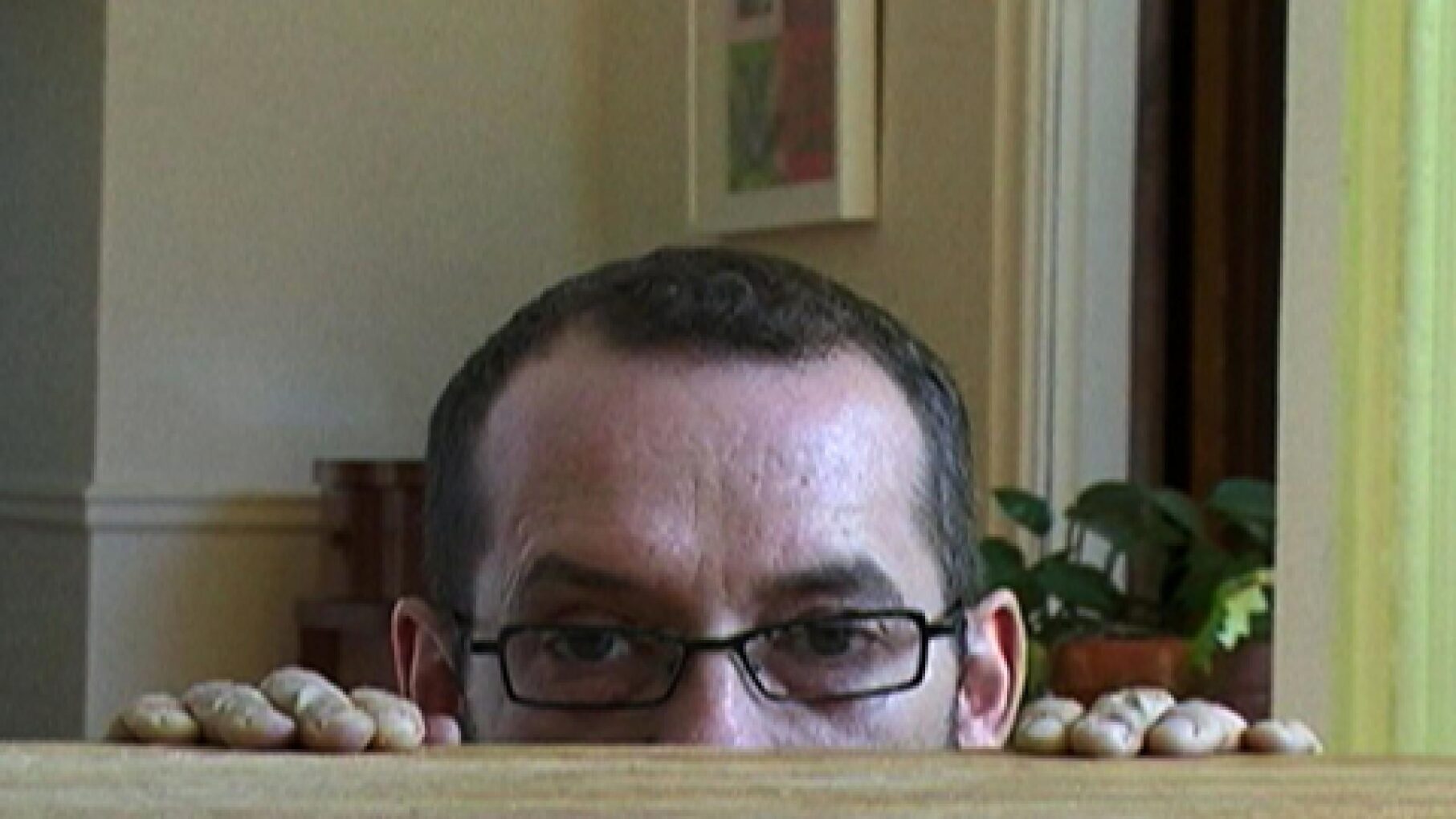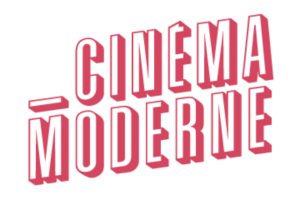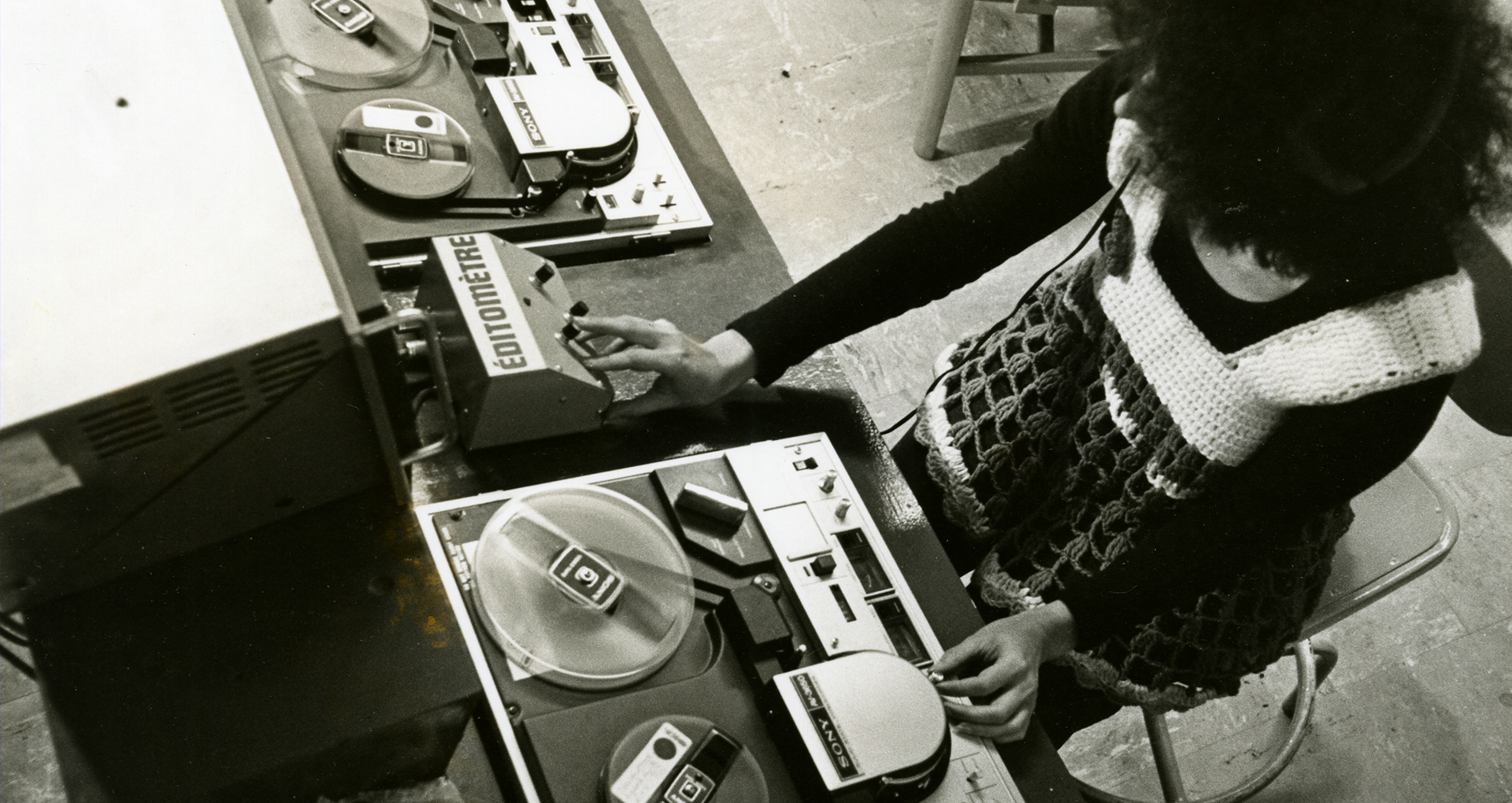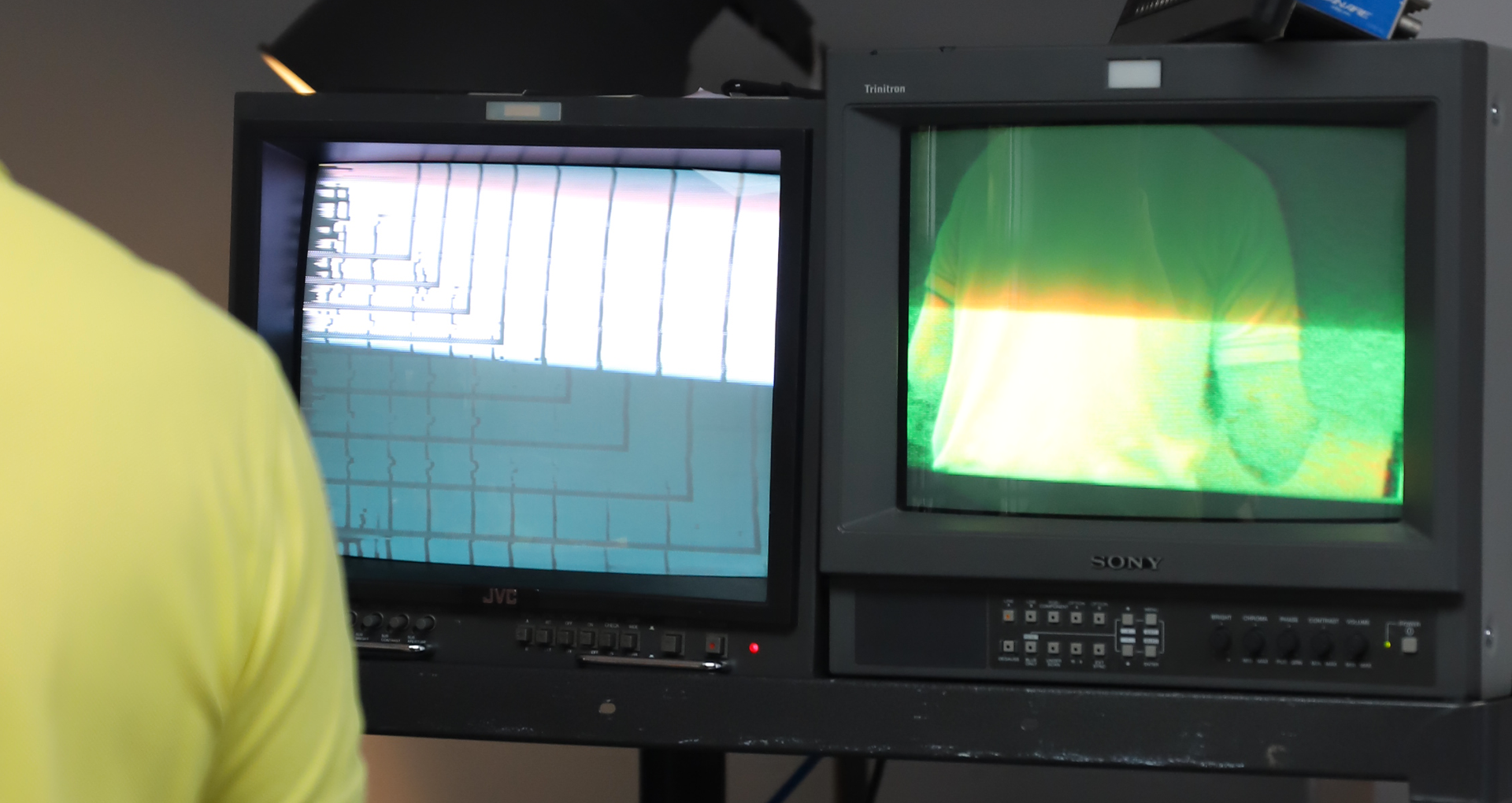
© Nelson Henricks, Échec, 2007
Vidéo club – focus on Nelson Henricks
PROGRAMMING
$15
In collaboration with Cinéma Moderne, Vidéographe presents a program of short films by Nelson Henricks, who will be on-site to present his work and answer questions from the public.
The program offers a retrospective look at the artist’s practice, which is characterized by his rhythmic (de)composition of forms and colors. His works pose essential questions, often with a touch of humor, about human behavior and thus present an ideal opportunity for discussion.
The screening concludes with a convivial gathering where the public can enjoy a drink offered by Vidéographe.
PROGRAMME (63 min)
- Échec, 2007, 7 min
- Crush, 1997, 12 mins
- Les sirènes, 2008, 16 min 20 s
- Comédie, 1994, 7 min
- Untitled (Score), 2007, 7 min
- Satellite (of Love), 14 min 15 s
SYNOPSIS
Échec, 2007, 7 min
Images of beauty rituals – both masculine and feminine – focus on the removal of body hair. Scenes of adolescent embarrassment are played out in adult life. Gender confusion lurks behind the curtain. Impoverished aesthetics. Popular music.
Crush, 1997, 12 min
Crush is the story of a man who wants to turn himself into an animal, as told by the man himself, and one or two observers. He employs a variety of techniques to transform himself into a beast. He cuts off parts of his body. He exercises. He swims. He wants to return to the water to speed up evolution a little. Has he gone mad, or is he just tired of being human? As the narrator descends into his private obsession, we begin to perceive the distorted outlines of reason which guide his descent. The trajectory he defines allows us to reflect upon the correlations between the body and identity, our culture’s obsession with the body beautiful, and what it means to be human.
Les sirènes, 2008, 16 min 20 s
The Sirens is a sound and video installation incorporating 16mm and Super8 film, guitar amps and a slide show. In this work, Henricks continues to explore themes that are ever-present in his practice: sound and music, text, repetition and the body. A hand places the needle on the record, a UV meter quivers, acupuncture needles seem to tremble and water ripples rhythmically from sound vibrations. Henricks makes sound visible, revealing and looking at its effects and interactions; speakers pulse at low frequencies and guitars tremble under knives making sounds and sensations that linger in and outside of the physical.
Comédie, 1994, 7 min
This two-part video in is a newcomer’s portrait of Montréal. I spent my first winter in Québec in a cold, dark, first floor apartment. I sat in the kitchen beside the electric heater, drinking coffee while watching the electric meter, wondering how I would pay my bills. At night, I looked at the illuminated “Q” on the Hydro Québec building and imagined how much it cost to keep it lit. In the second section, a man looks for meaning in the tile patterns of the Champ-de-Mars metro station. I took his search to an end more absurd than anything I could hope to enact. The moral of these two tales is: “Don’t lose you sense of humour”. It’s from this cliché that the video derives its title.
Untitled (Score), 2007, 7 min
“Many artists developed systems or took on languages to structure their compositions. For this score, Nelson Henricks chose to appropriate English musical notation, which uses letters from A to G to identify the notes of the scale. In combining these letters to make words like CAGE, FACE, DEAD or BED, he simultaneously offers up a semantic and melodic suite. He enriches this double reading with images that clarify or divert the sense(s) of the word. For each tableau, letters appear one after another, creating a rhythm supported by a grid in which coloured squares blink on and off. The enumeration of simple words accompanied by images is reminiscent of children’s books, in which every expression carries multiple cultural connotations. In borrowing from didactic forms, the artist brings to light the gap between when is “shown” and what is “said”, the space between images and language, or between sound and words.” (Sébastien Cliche)
Satellite (of Love), 14 min 15 s
In the video Satellite, Nelson Henricks combines found footage and techno beats to question western society’s ongoing obsession with science, technology and the future. Juxtaposing images derived from old educational films with absurd, aphoristic slogans, Henricks offers up a witty, entertaining and provocative commentary of our need to make sense of everything, at any cost.
BIOGRAPHY
Nelson Henricks was born in Bow Island, Alberta and is a graduate of the Alberta College of Art (1986). He moved to Montreal in 1991, where he received a BFA from Concordia University (1994). Henricks lives and works in Montreal, where he has taught at Concordia University (1995 – present), McGill University (2001-03) and the Université du Québec à Montréal (1999, 2003). He has also taught at the University of Toronto (2003). A musician, writer, curator and artist, Henricks is best known for his videotapes, which have been exhibited worldwide. A focus on his video work was presented at the Museum of Modern Art in New York as part of the Video Viewpoints series (2000).







